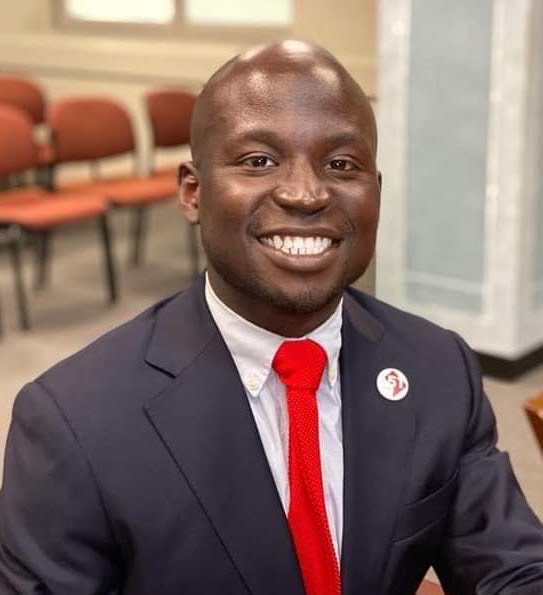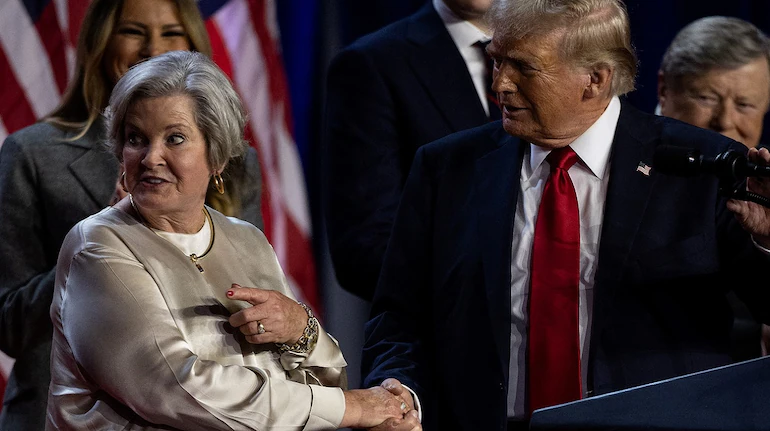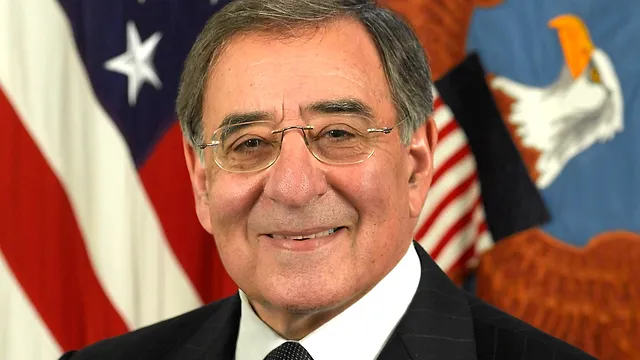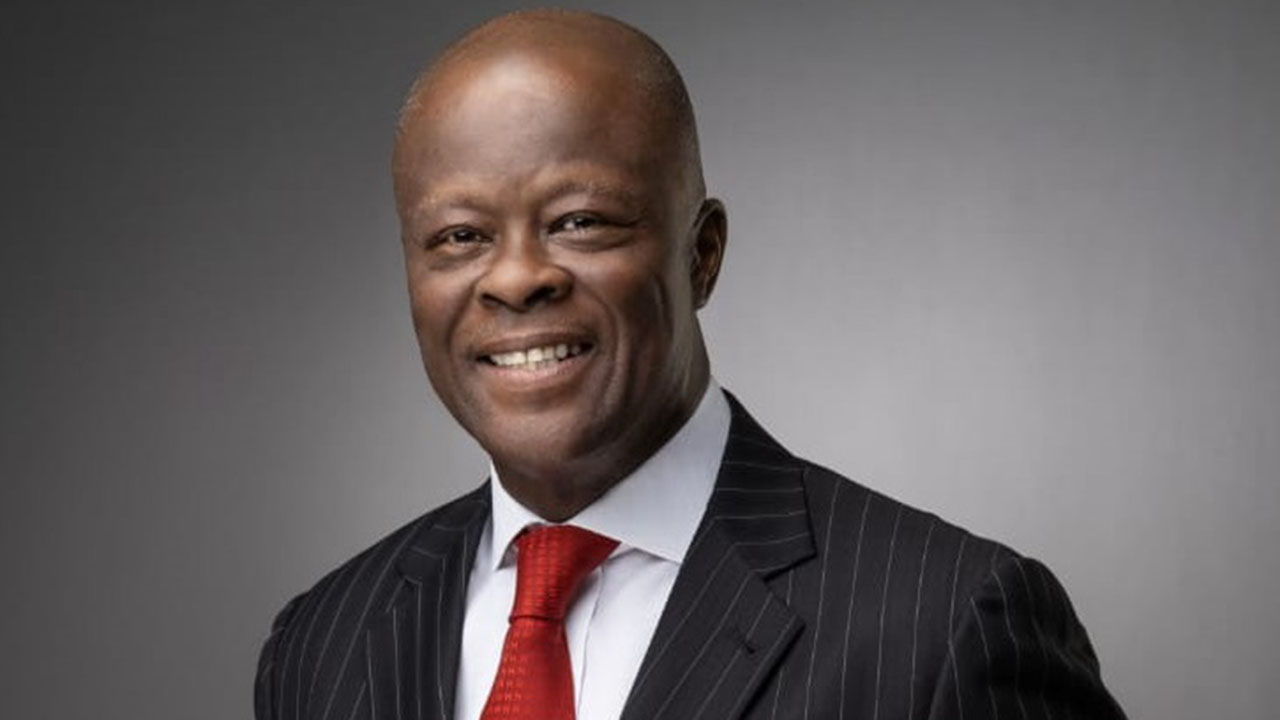A clear majority of the United States Supreme Court’s nine justices hinted Thursday, February 8, that they would reverse a Colorado decision excluding former President Donald Trump on the state’s Republican presidential primary ballot.
The former president and his attorneys were challenging the Colorado Supreme Court’s December 19 judgment, which deemed Trump ineligible for the March 5 GOP election for breaking the Constitution’s so-called “Insurrection Clause” during the Capitol riot on January 6, 2021.
The congressional supremacy argument received the most support from the court, with Chief Justice John Roberts saying during oral arguments that upholding the Colorado ruling would allow Republican and Democratic states to remove opposing party candidates from the ballot due to political differences.
“It’ll come down to just a handful of states that are going to decide the presidential election. That’s a pretty daunting consequence,” Roberts said.
“Your Honor, the fact that there are potential frivolous applications of a constitutional provision isn’t a reason,” argued attorney Jason Murray, representing a group of Colorado voters who sought to remove Trump from the ballot.
“The question you have to confront,” liberal Justice Elena Kagan told Murray at another point in his argument, “is why one state should decide who gets to be president of the United States.”
Conservative Justice Samuel Alito asked Murray about a hypothetical in which candidates for “diplomatic reasons think that it’s in the best interests of the” US to send funds to a foreign nation who described Washington as “its biggest enemy” — a clear reference to the Obama-Biden policy toward Iran.
“Could a state determine that that person has given aid and comfort to the enemy, and therefore keep that person off the ballot?” he asked.
Murray contended that a state could not because the Constitution’s language defining treason is precise.
“I think we have to have faith in our system that people will follow their election process processes appropriately,” Shannon Stevenson, Colorado’s solicitor general, replied when presented with a similar question from Alito during her argument.
“I don’t think that this Court should take those threats too seriously,” she added, noting that courts would probvide a safeguard in those scenarios.
The clause in question, Section 3 of the Fourteenth Amendment, stipulates: “No person shall…hold any office, civil or military, under the United States…[who] shall have engaged in insurrection or rebellion against the same, or given aid or comfort to the enemies thereof.”
The clause also allows Congress to remove that “disability” and allow violators back on the ballot.
While pointing to the history of states disqualifying candidates, Sotomayor asked whether Mitchell was laying the groundwork for Trump to flout the constitutional requirement that he only serve up to eight years in office.
“Are you setting it up so that if some President runs for a third term, that a state can’t disqualify him from the ballot?” asked the New York jurist.
The Colorado Supreme Court has already ruled that Trump incited the Capitol riot and isn’t eligible to be president again, and as a result, should not be on the state’s primary ballot on March 5.
Trump’s attorney Jonathan Mitchell argued that Congress is tasked with enforcing the disqualification clause, not the states that run elections.
In response to Justice Brett Kavanaugh, Mitchell conceded he would accept the removal of a candidate from the ballot if they were convicted of insurrection.
“The only caveat I would add is that our client is arguing that he has presidential immunity. So, we would not concede that he can be prosecuted for what he did on January 6th,” Mitchell said.
“What we said in our opening brief was President Trump did not engage in any act that can plausibly be characterized as insurrection,” Mitchell later told Justice Jackson. “For an insurrection, there needs to be an organized concerted effort to overthrow the government of the United States through violence.”
“This was a riot. It was not an insurrection.”
Mitchell further maintained that the disqualification provision does not clearly mention the president as one of the posts it covers.
“The President and the Vice President are not specifically listed,” he argued. “That’s why we’re still making the argument that the presidency is excluded from the covered offices that are listed at the beginning.”
Jackson questioned Murray about why the president was not named in the Disqualification Clause.
“Why didn’t they put the word president in the very enumerated list in section three?” she asked. “Doesn’t that at least suggest ambiguity?”
Murray countered that the clause covered the president because it used the phrase, “officer of the United States.”
“Trump’s main argument is that this Court should create a special exemption to section three that would apply to him and to him alone,” he argued. “There is no possible rationale for such an exemption, and the court should reject the claim that the framers made an extraordinary mistake.”




